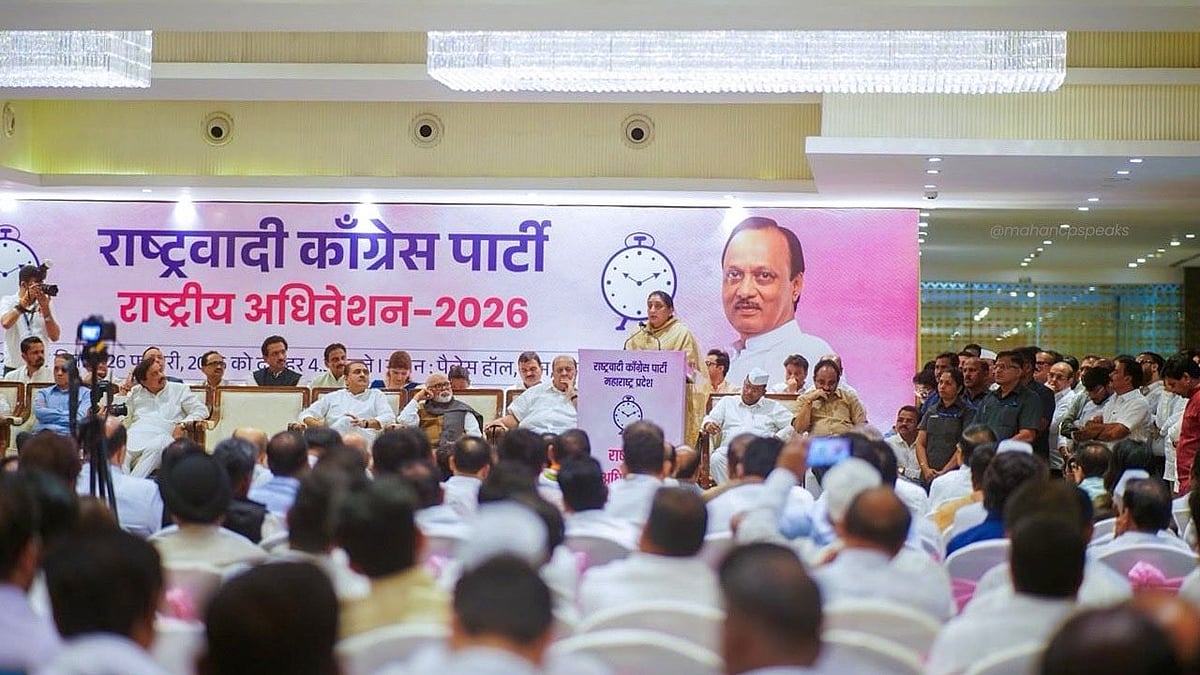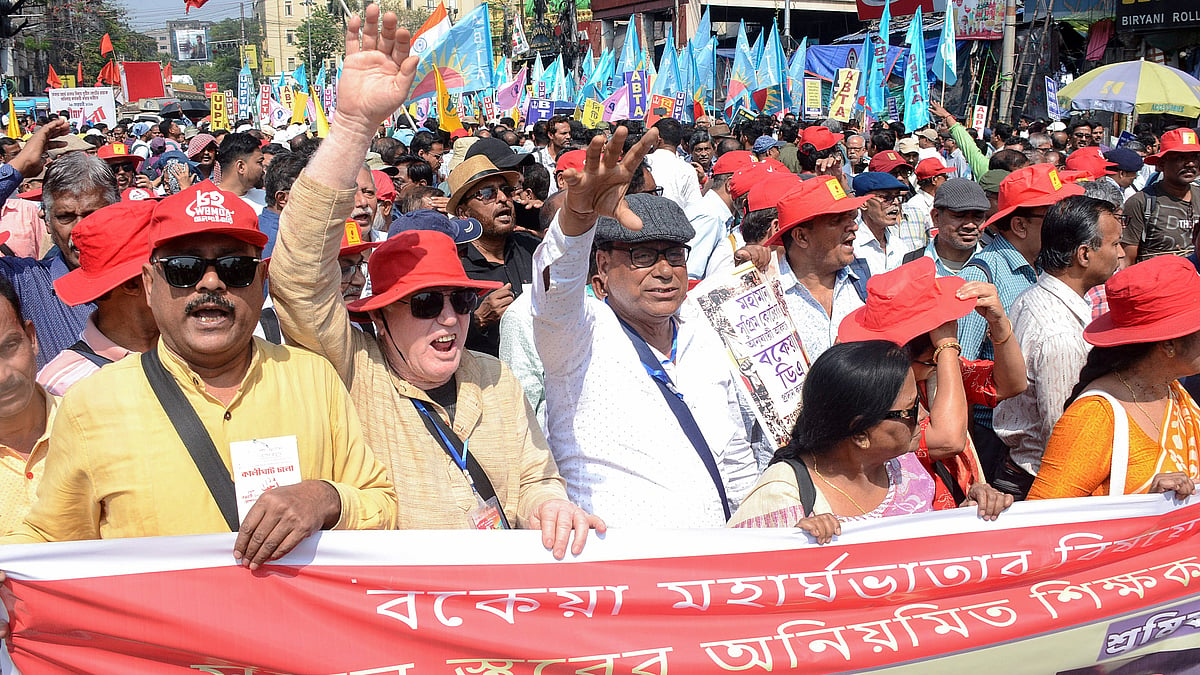On February 8, 2024, at Sophia College for Women, a panel discussion titled "Beyond the Body" gathered experts to examine traditional beliefs and discuss strategies for empowering individuals with disabilities.
The panel consisted of two speakers, Ms. Priya D’souza and Ms. Aditi Gangrade, who offered a space for in-depth conversations about changing the way we understand disability and promoting empowerment. The discussion highlighted the significance of altering how society perceives disability.
During the panel discussion, Ms. Priya D'souza, one of the panelists, shared insights from her experience as a coordinator at Sadhana School. Ms. D’souza has over 12 years of expertise in catering to intellectually disabled children.
Sadhana school is exclusively dedicated to children on the autism spectrum and those with disabilities such as ASD, ADHD, and learning disabilities. She highlighted the unique approach of Sadhana School, where students are grouped based on their abilities rather than their age, a departure from the structure of traditional schools.
For instance, a 7-year-old and a 10-year-old may both be placed in the same grade level. Emphasizing a hands-on learning approach, Ms. D'souza emphasized the school's commitment to nurturing neurodivergent students, citing success stories where students have progressed to lead meaningful and fulfilling lives beyond the classroom.
“Rather than focusing solely on limitations, we should acknowledge people's abilities and what they can accomplish. Disability should be seen as just one aspect of diversity, not as something that holds individuals back," D’souza asserted.
When asked about ensuring equal opportunities for individuals with severe and profound disabilities, Dsouza responded by discussing their inclusion, she said, “To ensure their inclusion and bring them to an equal footing, it's essential to engage them in everyday conversations."
She also recommended that if you come across someone with physical limitations but a similar mental age, you should make an effort to engage with them just as you would with your peers.
She also mentioned that promoting social inclusion through conversation and interaction, the society can improve their quality of life and foster a sense of belonging in the community.
Another panelist, Aditi Gangrade, addressed the issue of how autism is often portrayed in a way that can be seen as demeaning. She explained how individuals with autism are sometimes expected to conform to childlike behaviors, leading to misunderstandings and misconceptions. Aditi shared her own experiences of struggling with sensory sensitivity in school, such as being overwhelmed by sounds like the ringing of the school bell, before realizing she was on the autism spectrum.
The panel also highlighted the portrayal of disabilities in the media. They expressed concern about stereotypes and misconceptions often perpetuated in movies and TV shows, advocating for more authentic and diverse representations. They emphasized the importance of showing the real experiences of people with disabilities to promote understanding and acceptance.
Discussing the portrayal of tokens in movies and media, Gangrade stated, “Token representation in films and media often does more harm than good to the communities it seeks to represent. Frequently, non-autistic or non-disabled actors are cast in roles depicting disabled individuals, which can be both insincere and derogatory."
She emphasised that it can be uncomfortable and disrespectful for individuals in the community living with those conditions to witness non-disabled people attempting to mimic disabilities.
Additionally, she mentioned that casting autistic actors in autistic roles in movies provides a genuine portrayal that is embraced and respected by the community. This genuine representation not only fosters a sense of validation and belonging but also helps dispel stereotypes and misconceptions about disabilities in the media.
In wrapping up, the panel discussion on bodily empowerment highlighted the need to break down barriers and create a more inclusive world for people with disabilities. By pushing for fair representation, equal opportunities, and acknowledging everyone's unique strengths, we move closer to a society where everyone can succeed.





